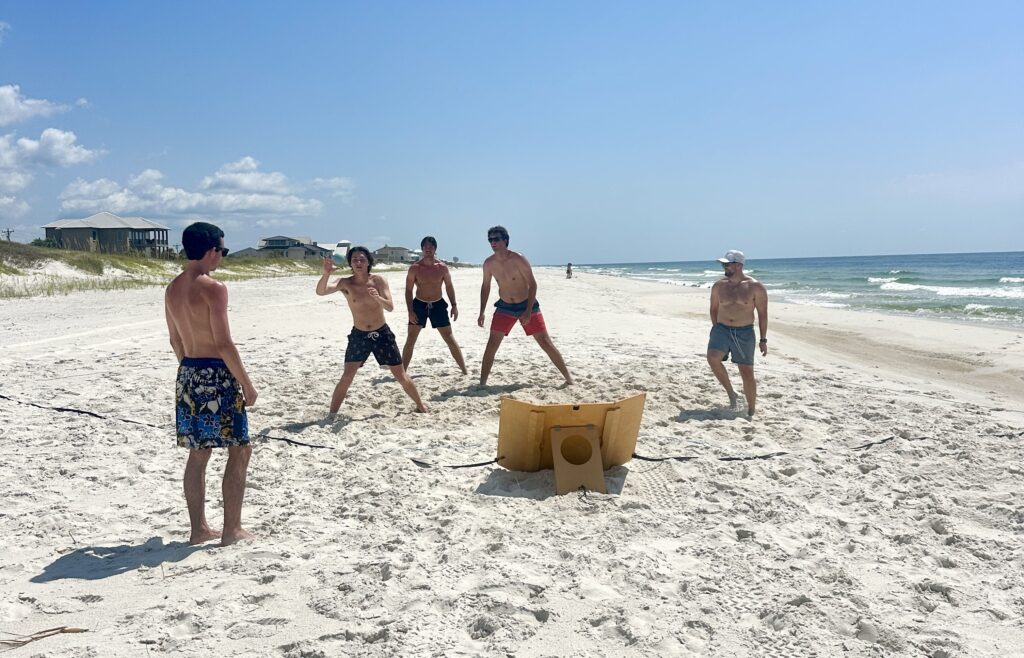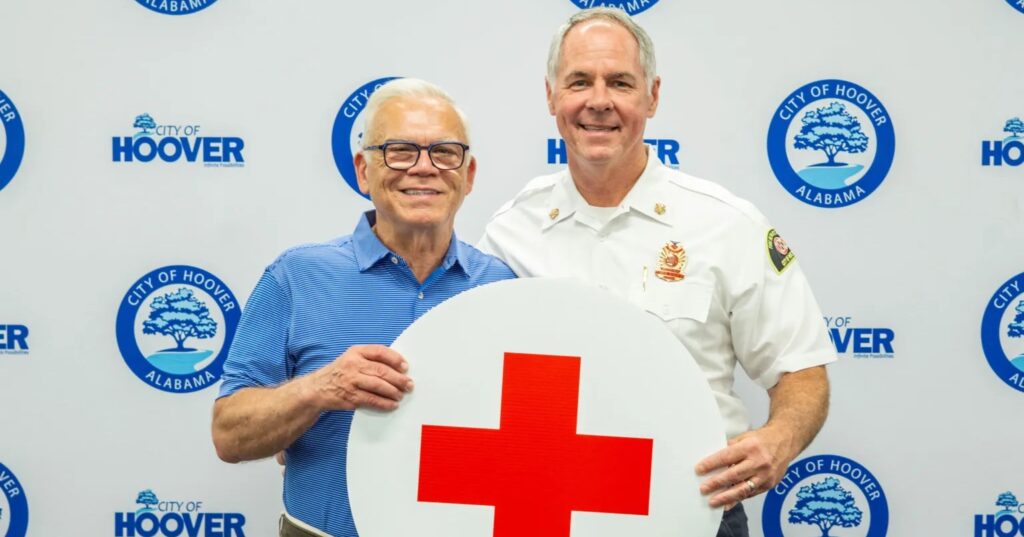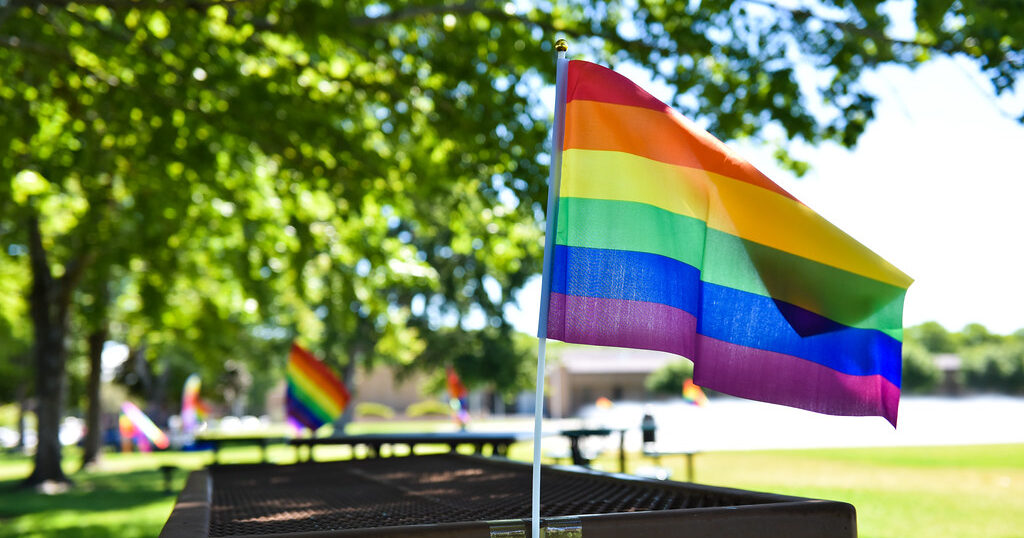Reviewed by: Gabby Gervais
Alabama’s first 2 cases of monkeypox confirmed—what you should know
Reading time: 3 minutes

On Friday, July 15, Alabama Public Health reported the state’s first confirmed case of monkeypox in Mobile County. Today, a second case has been confirmed in Jefferson County. Here’s what you should know about the virus.
What you should know about monkeypox
Wondering what monkeypox is and how it’s spread? Here are some fast facts from the Alabama Department of Health and UAB:
- It’s a very rare disease caused by infection with the monkeypox virus.
- It is usually found in Central and West Africa and does not occur naturally in the US.
- It is most often found in small mammals such as rodents, including rats, mice, squirrels, rabbits and prairie dogs.
- The virus’ primary mode of transmission is through close, intimate, skin-to-skin contact.
- The virus typically enters the body through broken skin, respiratory droplets or mucous membranes (eyes, nose or mouth)
The up side—UAB says monkeypox does not spread easily and the total number of cases across the country remain low.
“I wouldn’t say it’s time to be worried but rather emphasizes the need to be knowledgeable and aware of the symptoms. The mortality rate for prior strains has been 3-5 percent, but this current outbreak thankfully appears to be lower.”
Jeremey Walker, MD + Assistant Professor, UAB Division of Infectious Diseases
What are the symptoms of monkeypox?
According to UAB, monkeypox symptoms include:
- Fever
- Chills
- Headache
- Exhaustion
- Muscle aches + backache
- Swollen lymph nodes
- Pimple or blister-like rash on the face, inside the mouth and on other parts of the body, like hands, feet, chest, genitals or anus
The time between exposure to the virus and when the illness begins is about seven to 14 days, but can be as long as 21 days. Symptoms last from two to four weeks.
Have symptoms? Speak with your healthcare provider, even if you do not think you had contact with someone who has monkeypox.
Treatment
Currently, there are no treatments specifically for monkeypox virus infections. However, because monkeypox and smallpox viruses are genetically similar, antiviral drugs and vaccines developed to protect against smallpox may be used to prevent and treat monkeypox virus infections.
How can you prevent monkeypox?
Here are some tips from UAB:
- Avoid close, skin-to-skin contact with a person who has monkeypox.
- Do not handle or touch bedding, clothing or towels of a person who has monkeypox.
- Have persons with monkeypox isolate from others.
- Wash hands often with soap and water or use an alcohol-based hand sanitizer—especially after contact with people who have monkeypox.
- Avoid contact with animals that could have the virus (such as animals that are sick or that have been found dead).
For more news in Alabama, subscribe to our free newsletter.







